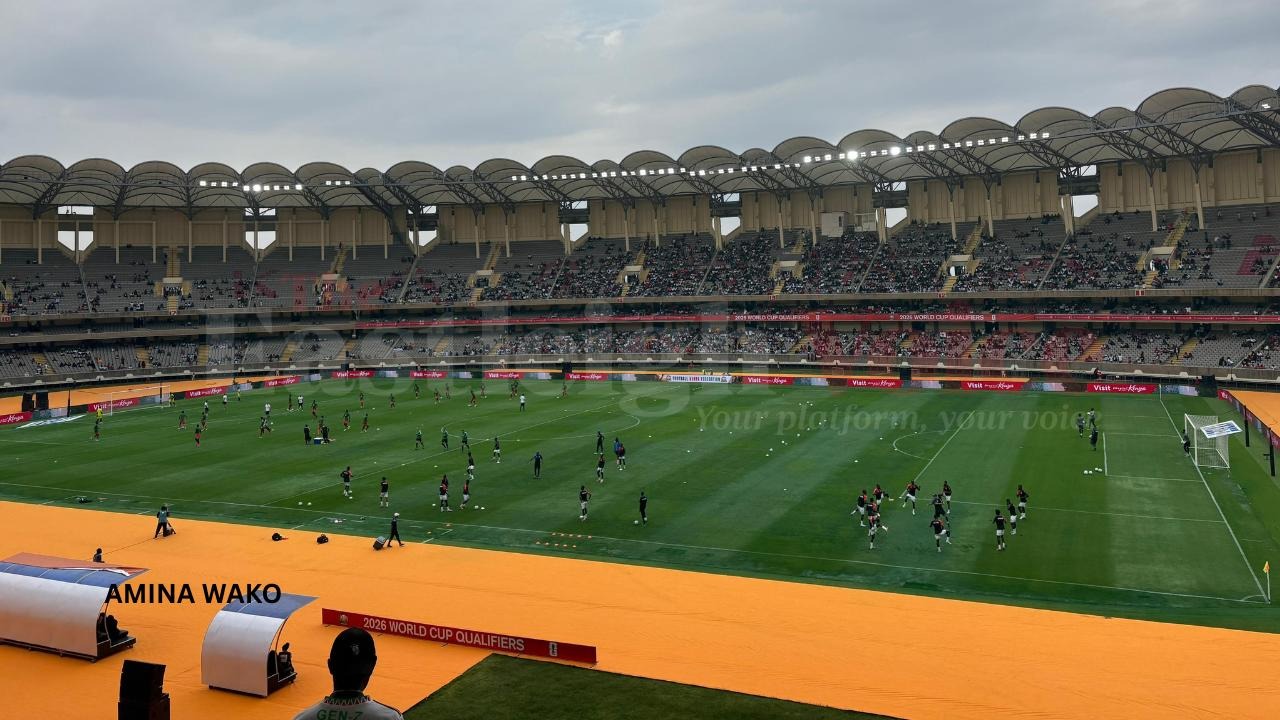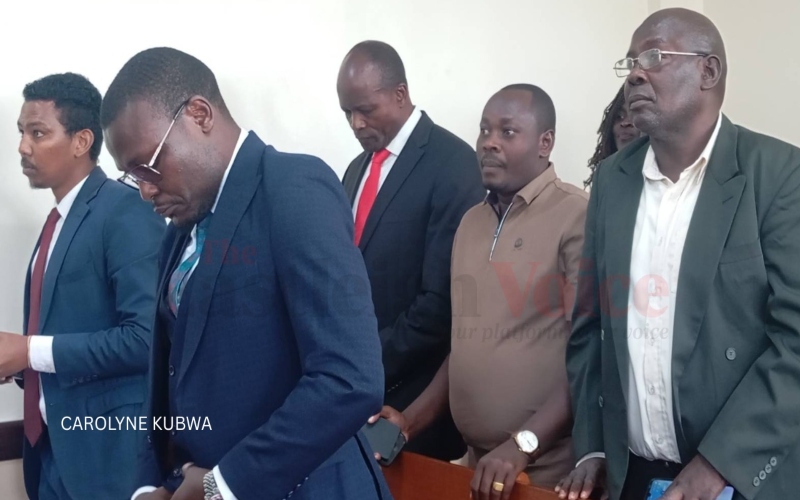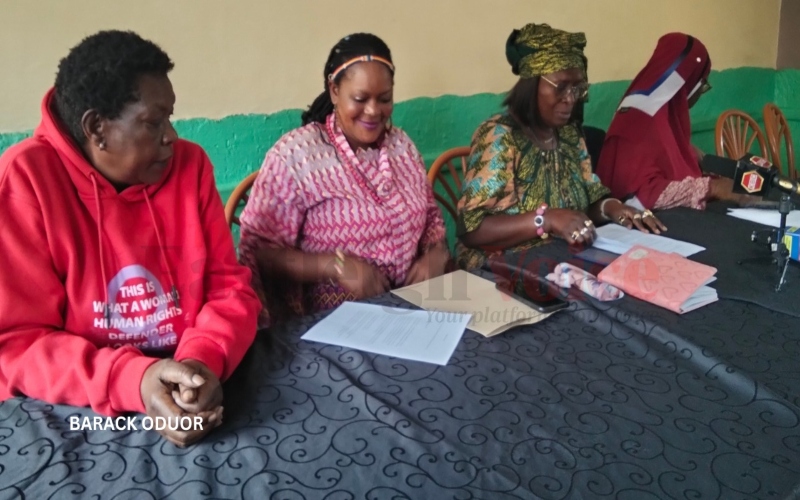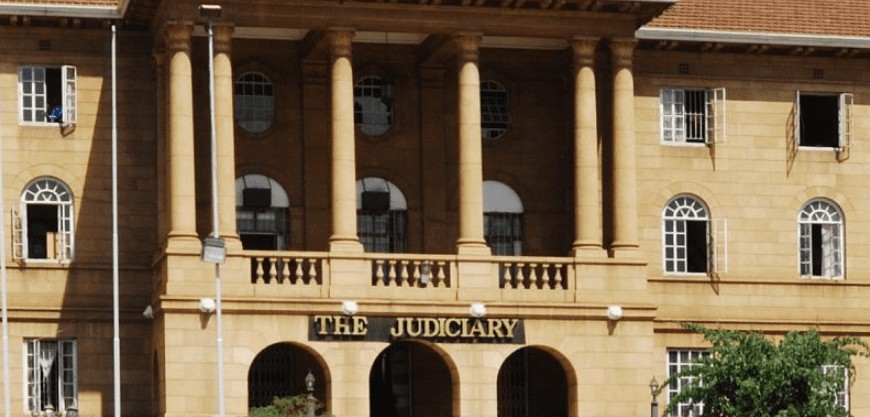Housing levy funds surge to Sh73 billion despite slow project rollout
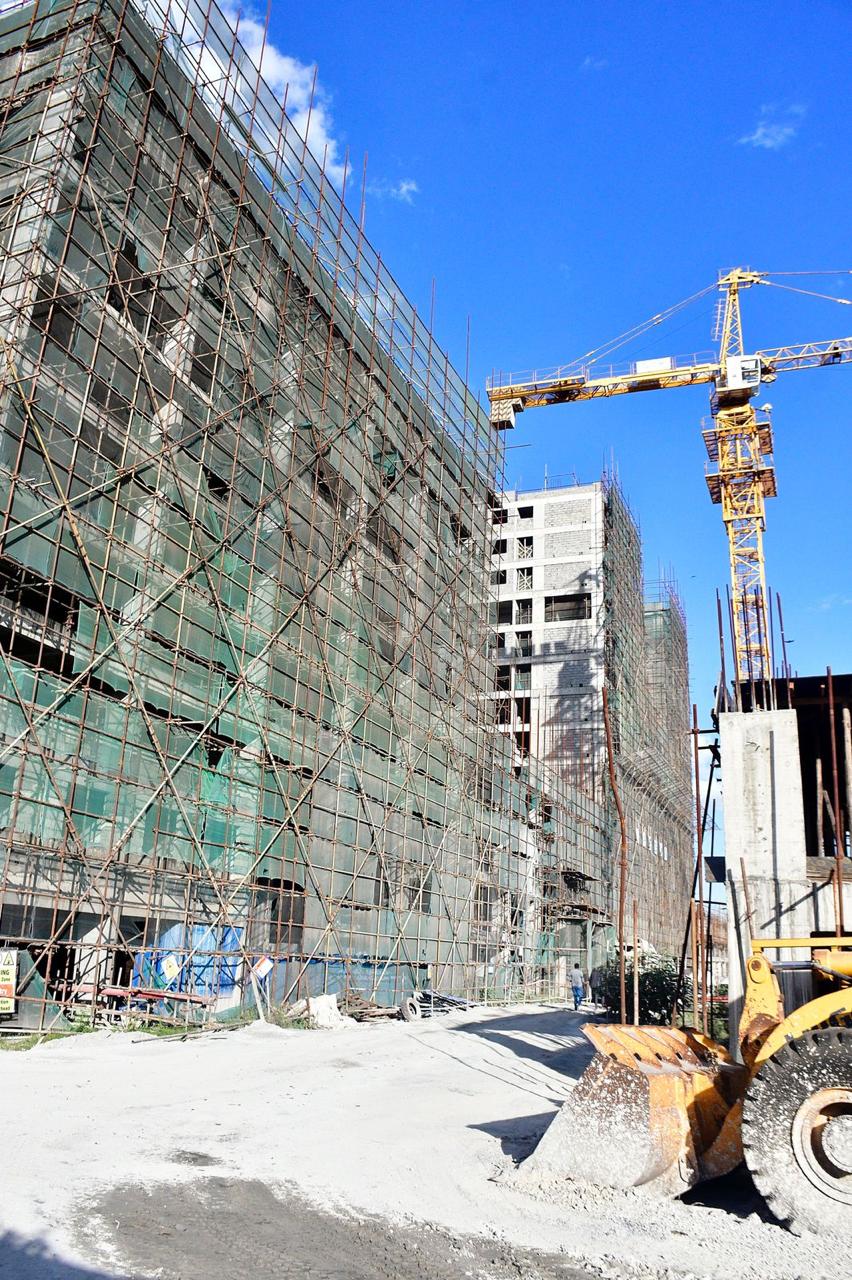
Treasury records show the Kenya Revenue Authority (KRA) exceeded the Sh63.2 billion target by Sh10 billion, achieving 115.82 per cent of the planned amount.
Collections from Kenya’s housing development levy surged to Sh73.2 billion in the financial year ending June 2025, surpassing the government’s expectations and highlighting stronger compliance with the monthly deduction from pay slips.
Treasury records show the Kenya Revenue Authority (KRA) exceeded the Sh63.2 billion target by Sh10 billion, achieving 115.82 per cent of the planned amount.
More To Read
- Babu Owino says Kenya Moja’s 70 MPs ready to challenge government in Parliament
- Tourism and agriculture leading in hiring as other sectors stumble
- National Assembly approves regulations for Sh4 million affordable housing loans for rural homes
- Treasury reports fastest tax growth in two years amid July protests
- Ruto acknowledges SHA, housing project have damaged his approval ratings
- KPA’s tariff hike draws uproar ahead of September rollout
The levy, central to President William Ruto’s affordable housing programme, has faced criticism over its fairness and the pace at which the funds are being put to use.
Employers deduct 1.5 per cent of employees’ gross salaries and contribute an equal amount to the levy, channelling the combined proceeds into the affordable housing fund.
While the inflows have been robust, deployment has been slower than expected due to the phased nature of housing construction projects.
By May, a report to Parliament revealed that over Sh30 billion of the collected money remained unspent, temporarily invested in Treasury bills that mature in three to 12 months.
The Affordable Housing Board defended this approach, saying it safeguards the funds and keeps them productive while awaiting construction rollout.
The latest collections mark a 35 per cent increase from the first year, which ended June 2024 with Sh54.2 billion.
The debut year faced a three-month pause in deductions after courts ruled the levy unconstitutional for applying only to salaried workers.
In response, Parliament passed the Affordable Housing Act 2024, expanding coverage to informal sector employees and ensuring compliance. President Ruto signed the legislation into law on March 19, 2024, allowing KRA to resume deductions.
The law also ensures that housing levy funds are ring-fenced for construction, preventing diversion to other projects. This addresses past concerns where funds meant for one purpose, such as fuel price stabilisation, were redirected elsewhere.
The levy remains a key tool in Ruto’s strategy to close Kenya’s housing gap, which is estimated at 200,000 units annually, with the aim of making affordable homes accessible across the country.
Top Stories Today

